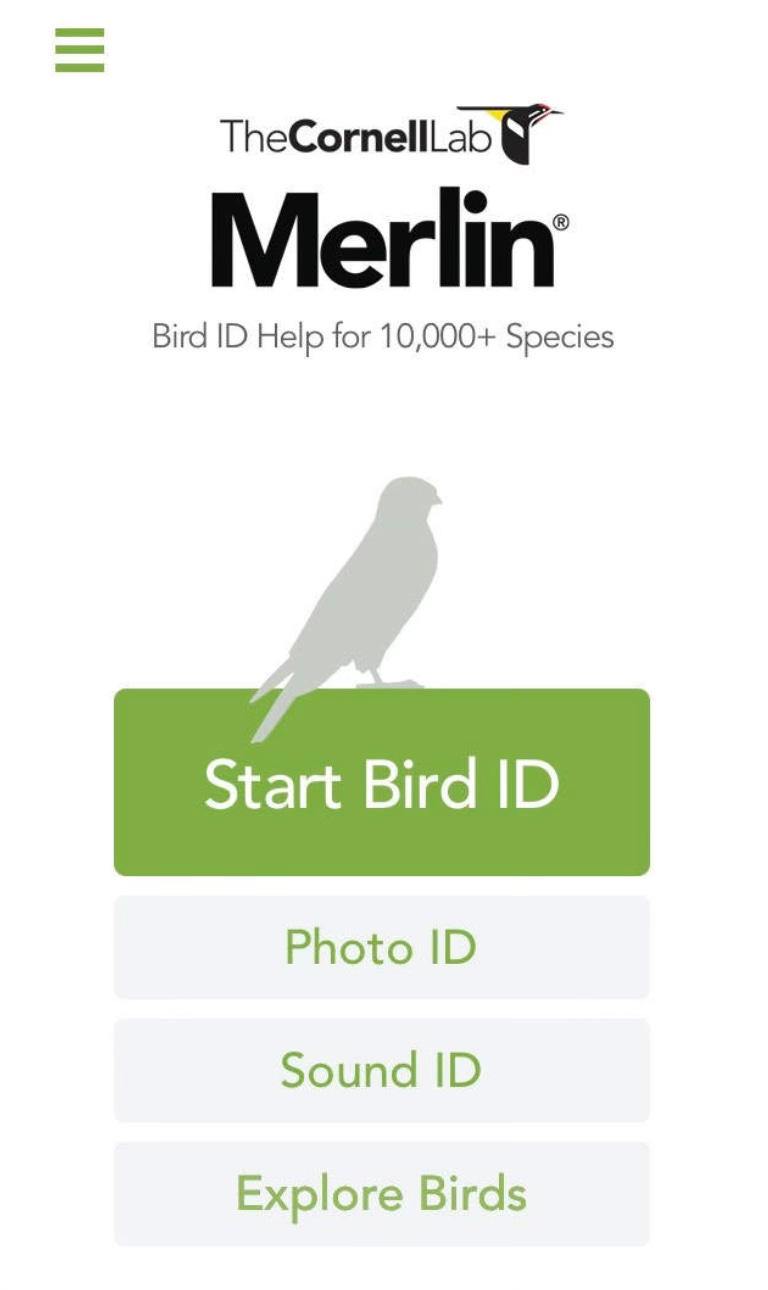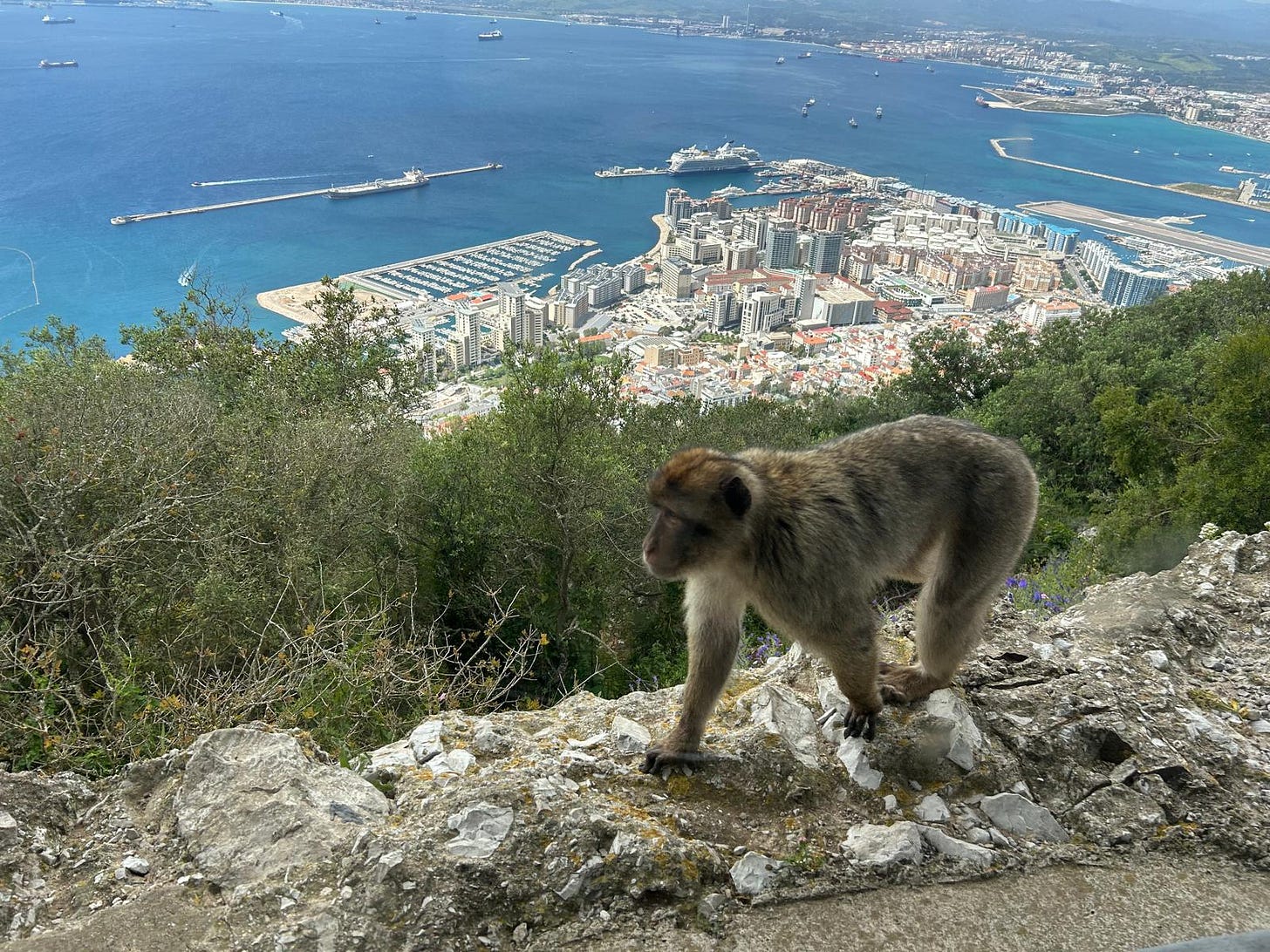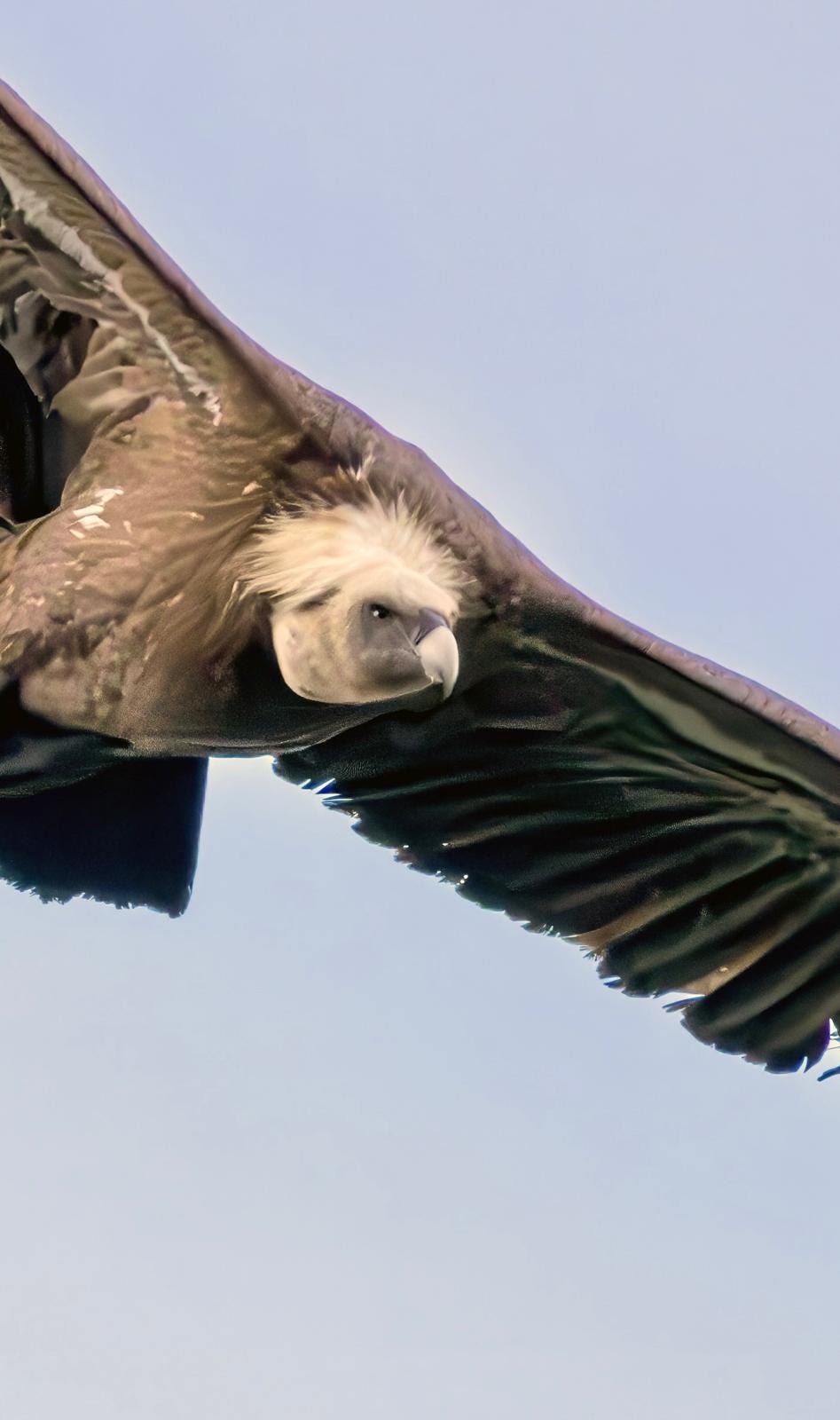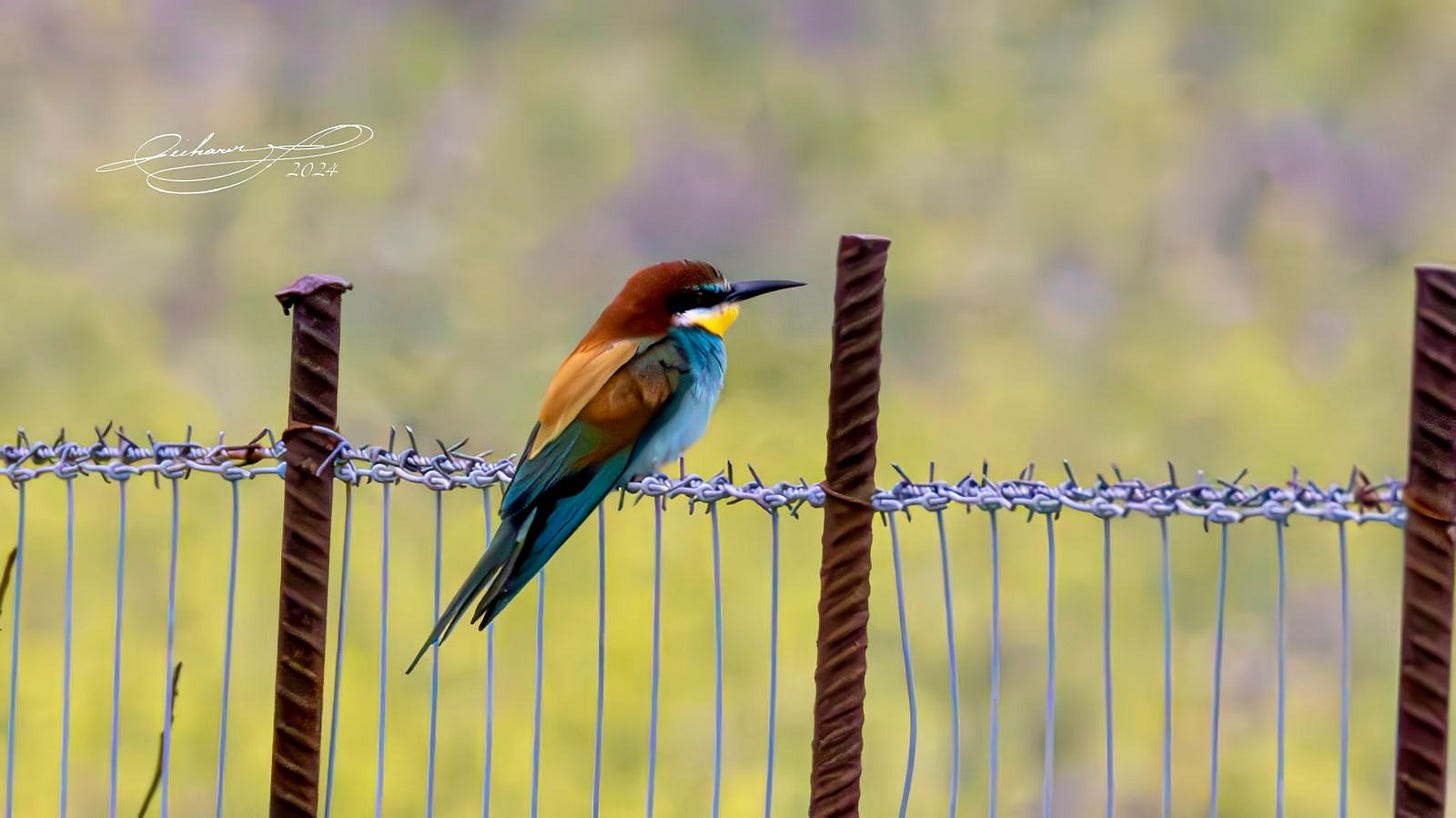Why I'm not a birder
Despite getting to know and love them really quite well
“You’re not a twitcher, are you?”, my mother said to me a few years ago.
She was obviously unimpressed with what she thought was my new-found hobby, gathering from the tone in her voice.
I wasn’t sure where the dividing line was between a twitcher and a birder but I felt pretty confident answering her in the negative on that one.
I was not going to drive the length and breadth of the country if what was called in the parlance ‘a rare vagrant’ had been spotted.
Which I think is one definition of a ‘twitcher’.
For one thing, I no longer own a car to get me to those secluded spots.
But as I thought about my mother’s question further, I was not even sure I was a ‘birder’ either.
An irruption of waxwings
In the days before I noticed nature, I had seen ‘twitchers’ doing their thing first hand.
One winter’s day about 20 years ago, there were a group of people standing outside the local suburban tube station I commuted to work from.
They had binoculars at hand directed at what I thought was a regular looking tree by the side of the road.
I could just make out a crazy coloured bird in there munching on bright red berries. I asked one of them what it was and they told me it was a waxwing.
There had been an ‘irruption’ of them (great word that) out of Scandinavia that winter.
The waxwings must have run out of food there and taken the risk of flying across the North Sea to find out if we had any berries left here in Britain, particularly these red rowan berries.
These birds are real pretty, I thought to myself then. And they have also been celebrated in song by one of my favourite singers.
But I am not going to go out of my way to see them again. And indeed I haven’t, despite 2023 being a big irruption winter for waxwings again in the UK.
Am I even a birder?
By now two years on from the pandemic, I was getting quite handy identifying most common or garden birds that could be found, at least in London.
And I didn’t really need Merlin any more, the app that used to do a lot of the heavy lifting to identify bird song at the start of my journey.
It had become more of a crutch now to confirm my hunches.
I can confess I can also hold my own, just about, on a group bird-watching outing.
This spring we even went for a holiday abroad to do just that and it was fab.
We went down to southern Spain with the brilliantly named ‘Inglorious Bustards’ (who can resist a good Tarantino reference?) to watch migrant birds cross over the Straits of Gibraltar.
The birds were returning from their African wintering territories to fan out across Europe to find a mate and raise chicks.
That narrow band of sea between the continents next to Gibraltar acts as a bottle-neck, particularly for birds of prey like eagles.
They are too heavy and unwieldy to get from Africa to Europe across any but the narrowest straits of the Mediterranean sea.
In the spring they gather on the north coast of Morocco and wait till the wind is right and the thermals can get them across.
But they don’t all make it.
We were distressed to watch a marsh harrier ditch in the sea one blustery day. It was upsetting not just because it lost its life but because it is a species that is just so damned rare in the UK.
But there was always the consolation of seeing vultures. There were loads of them about in the area.
All the better when they looked like Boris Johnson.
Yet despite going on a holiday like that for a week, I still would not describe myself as a birder (let alone a twitcher).
Here is for why.
For one thing I love walking. I like moving through a landscape rather than sitting stock still in it.
I used to stay put when I enjoyed fishing as a lad in the canals and gravel pits of west London.
But as soon as I discovered I enjoyed endurance sports and was good at them, I was always moving through the countryside at speed on a bike or on two legs.
I have slowed down now a bit later in life but it still goes against the grain to be outside and static.
A birder can sit in the open or in a hide for hours waiting for the right bird to appear or to capture them in a photo. But I can’t. I need to explore.
I’m also as skinny as the proverbial rake and therefore get cold easily if I don’t move, however many layers I’ve got on, even in spring and summer.
What’s more after a couple of years now of wandering around the countryside with a pair of binoculars, I am at least as interested in the landscapes I pass through as I am in the birds there. Particularly if they are rewilded ones.
Those once heavily fortified and now abandoned places like Greenham Common and Orford Ness that now teem with wildlife, why have they sprinted up the biodiversity charts? That’s the sort of question that gets my curiosity going.
How do birds and mammals spot these landscapes and give them a go where formerly they avoided them like a literal plague?
I’ll never forget a side trip on that brilliant Spanish holiday where the guides took us to where the rewilded regional nature park ended and conventionally farmed land began.
On one side of that invisible border were stunners like bee-eaters and turtle doves, the other was devoid of life.
What did one side of that fence have that the other didn’t?
The answer of course is a complex mix of farming practices, use of pesticides and the state of the soil.
Questions like that have pointed me in the direction of finding out more about alternative models of agriculture like regenerative farming. But more of that another time.
And I don’t think I’ll ever lose my curiosity about rewilded landscapes.
I may have hoovered up an adequate amount of knowledge about what birds look and sound like but I knew I was not going to go any further with it than the occasional holiday1.
Especially if going further meant chasing ever rarer species from one length of the country to another, or even of the globe to tick off bird species from a bucket list.
Don’t get me wrong. I am not criticising people that do that. It’s just not my thing.
That’s why I think I’m an accidental rewilder, rather than an accidental birder.
However I do intend to do the reverse holiday with Inglorious Bustards, in Morocco waiting for the migrating birds to come back into Africa from Europe in the autumn. That sounds cool.






Thanks for taking the time to read my article, Ronnie.
And I love how the word "opinionated" is a mark of praise at this stage in life when it usually wasn't when we were trying to make our way in the world.
Those differentiators are purely my own, needless to say. I know plenty of good people who would be happy describing themselves as 'birders' and/or 'twitchers'. It's just that I don't think of myself as either.
Keep up the good work yourself.
And please keep bigging up George Eliot!
This is good Mark. Educational for me as well as opinionated. Given I’d often think about these large groups (of mostly men) who were inhabiting a lot of the same walking spaces as I do, but with much bigger cameras and never walking around. Now I know they’re part of one of those “there are two types of humans” comparisons. Birders, them - and non-birders, the rest of us. “Twitchers” being a sub-category of birders and of no relevance to said rest of us.